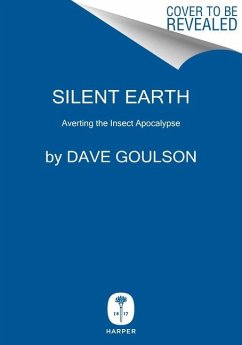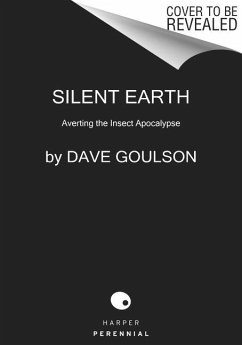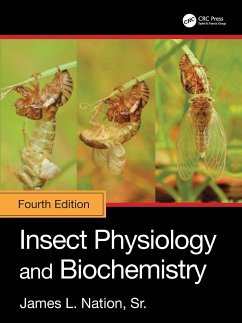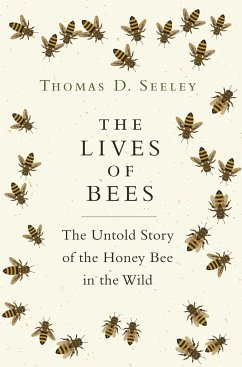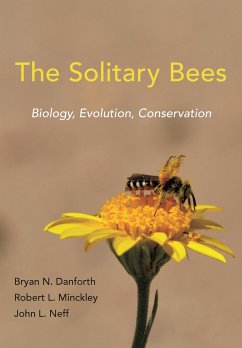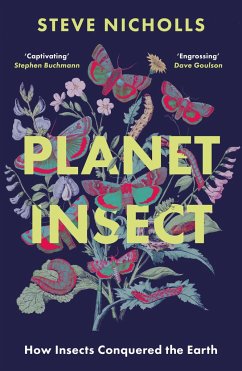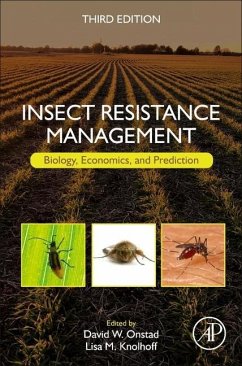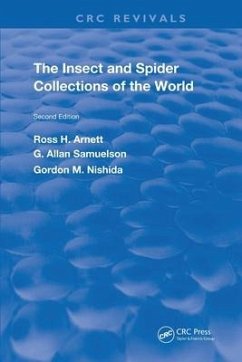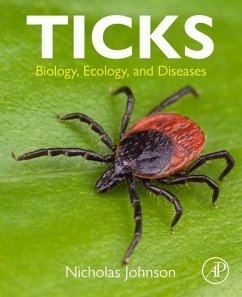Nicht lieferbar
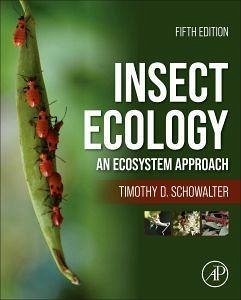
Insect Ecology
An Ecosystem Approach
Versandkostenfrei!
Nicht lieferbar
Insect Ecology: An Ecosystem Approach, Fifth Edition provides the most updated and comprehensive knowledge of the diversity of insect responses to environmental changes and their effects on ecosystem properties and services. Written by an expert in the field, this book addresses ways in which insect morphology, physiology and behavior tailor their adaptation to particular environmental conditions, how those adaptations affect their responses to environmental changes, and how their responses affect ecosystem properties and the ecosystem services on which humans depend for survival. This edition...
Insect Ecology: An Ecosystem Approach, Fifth Edition provides the most updated and comprehensive knowledge of the diversity of insect responses to environmental changes and their effects on ecosystem properties and services. Written by an expert in the field, this book addresses ways in which insect morphology, physiology and behavior tailor their adaptation to particular environmental conditions, how those adaptations affect their responses to environmental changes, and how their responses affect ecosystem properties and the ecosystem services on which humans depend for survival. This edition also addresses recent reports of global declines in insect abundance and how these declines could affect human interests. Insect Ecology: An Ecosystem Approach, Fifth Edition is an important resource for researchers, entomologists, ecologists, pest managers and conservationists who want to understand insect ecology and to manage insects in ways that sustain the delivery of ecosystem services. Graduate and advanced undergraduate students may also find this as a useful resource for entomology and specifically insect ecology courses.




